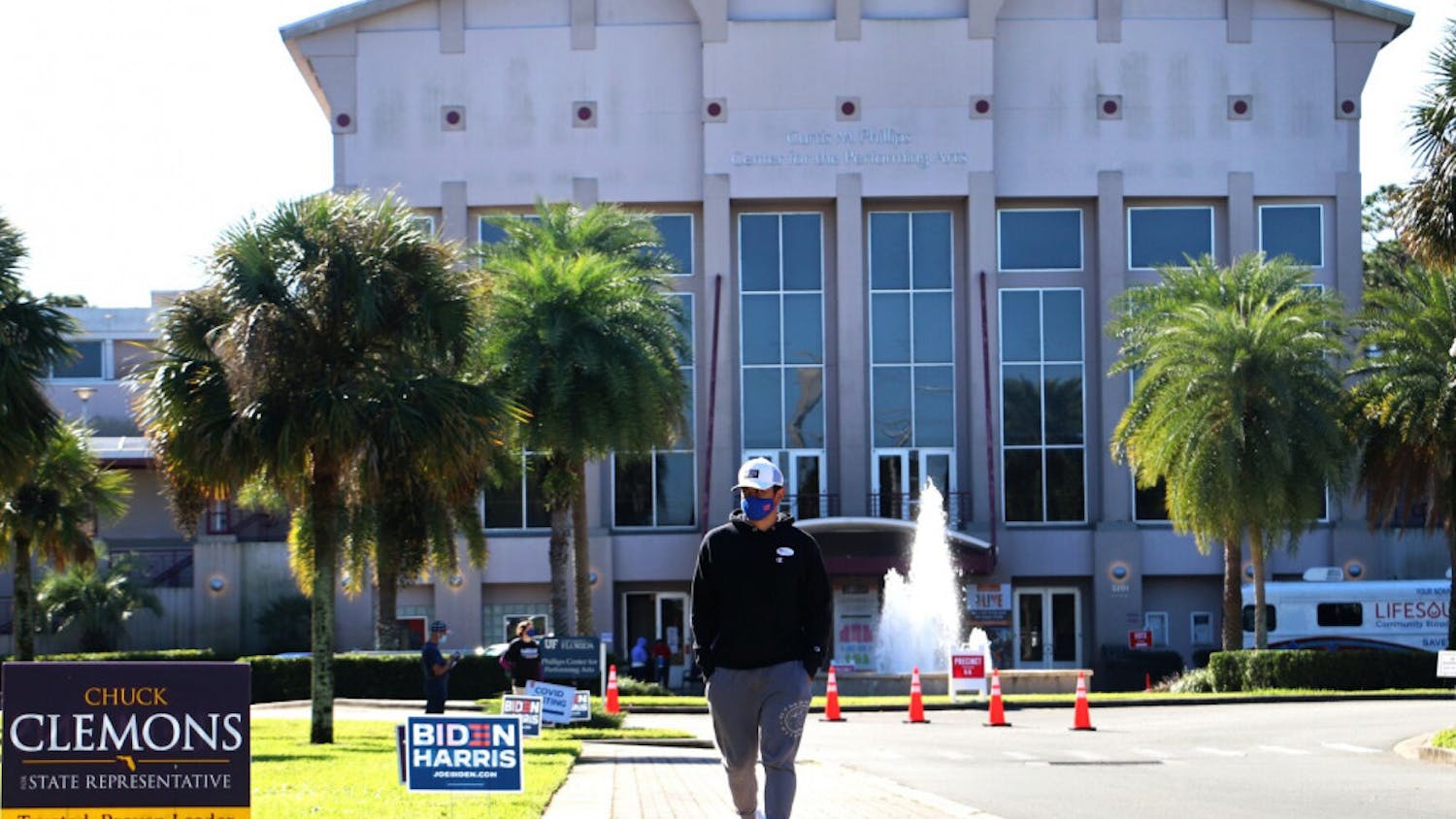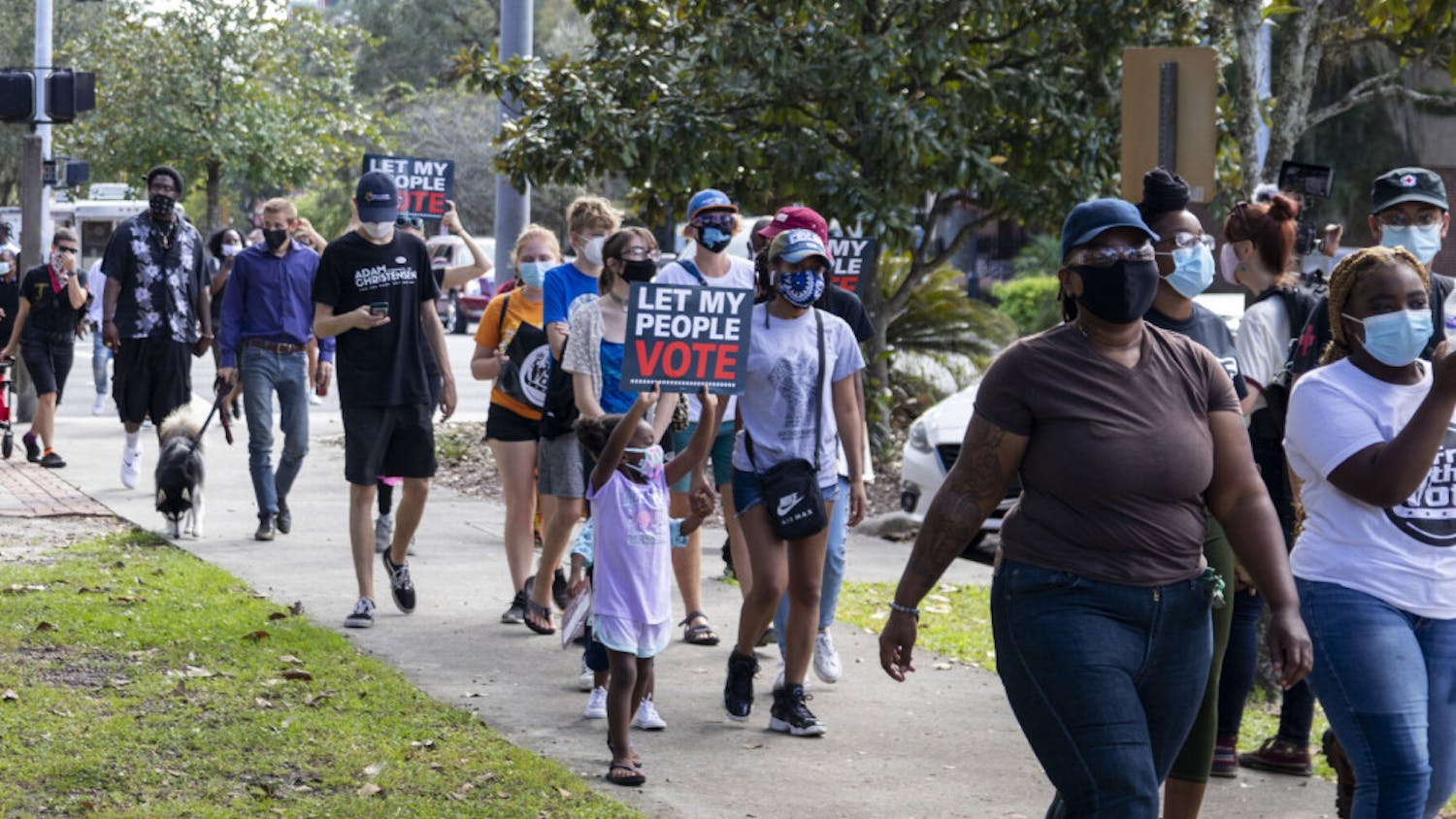If this election cycle will be remembered for anything, it will be not only for the amount of candidates, but also for the sheer amount of polling conducted. The average news watcher is bombarded with percentage points on a daily basis when reading or watching the news. The only other place you could get this many numbers is when Bernie Sanders talks about economic reform and taxing the one percent.
While polls are vexing to me, I can understand the appeal they offer to candidates who see them as a crystal ball, capable of being used as a way to divine thoughts from the electorate. But the amount of political repositioning being done this cycle could very well be caused by the growing importance of polls. With one of the largest Republican fields in recent memory, polling has been a way to assess a candidate’s viability of winning the primary. An example of this would be the dividing of the Republican debates into undercard and prime-time debates respectively. There are also the ever-needed donations that campaigns need to survive, as well as endorsements from influential people and organizations. Not many people are going to give time, money or their reputation to support a candidate that is polling at less than one percent.
For candidates that do not have an iota of policy experience, such as Donald Trump, the polls become a point of legitimacy. If more than a third of a party’s primary voters support him, that clearly shows he is a winner in his eyes, even though not a single vote has been cast yet.
On the opposite side of the ideological spectrum, Hillary Clinton tends to maneuver politics and policy proposal with the ebb and flow of her poll numbers compared to Sanders. If Sanders releases a plan to make higher education free, or at least cheaper, Clinton will often release a policy plan that is similar but not as radical.
These uses for polls are not inherently wrong. In fact, they are pragmatic ways of looking at polls, but we begin to go off the rails as polls try to pit candidates from different parties — such as Sanders and Trump — against each other. These polls stake a lot of claim, but the primary season is not even close to being over. The Republican Party is having an identity crisis that could possibly split the party in two, while the Democratic candidates have to make strong decisions that cast them in an individualistic light. We have ten months until November, and within that time- frame, anything can happen.
Although polls are becoming more commonplace in the American election cycle, the way polling is done is in crisis. The popularity of cellphones over landlines — coupled with the growing lack of responsiveness of possible voters to participate in polling — have effectively made polling a much more expensive and arguably less accurate and scientific approach to identifying electoral patterns. As Cliff Zukin, a former president of the American Association for Public Opinion Research, wrote in The New York Times, “(w)e are less sure how to conduct good survey research now than we were four years ago, and much less than eight years ago.”
Pollsters must obviously find a solution to this crisis, or else polls will not be worth the airtime or respect they are given. Recent polls predicting election results, such as the one in the UK last year, were extremely wrong. This presents the major point I am trying to get across: Polls can help understand the current political environment only to a certain point. If you want to find a winner for the general election in January, a crystal ball would be just as helpful as any poll by CNN or Fox News.
Kevin Foster is a UF political science senior. His column appears on Thursdays.





